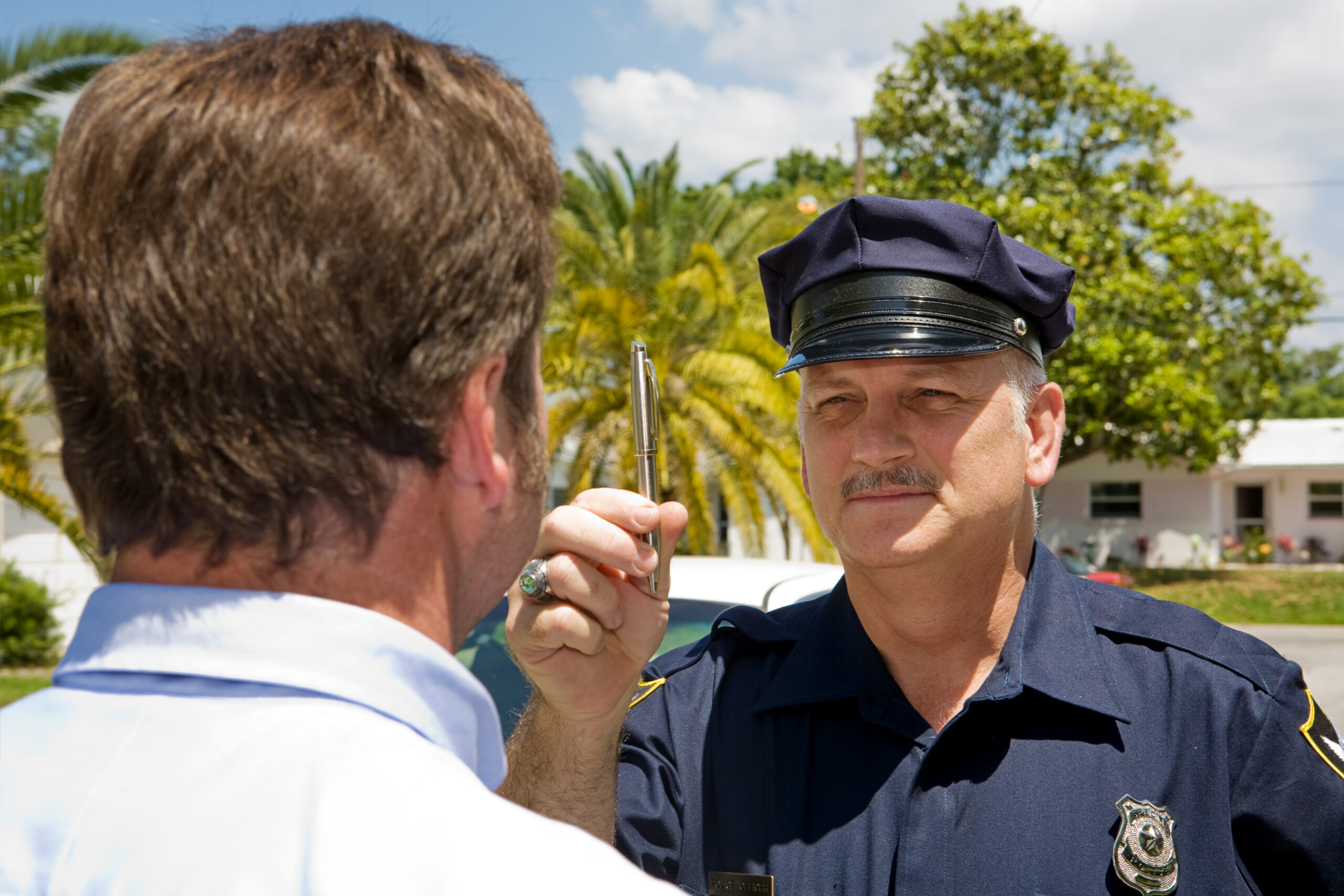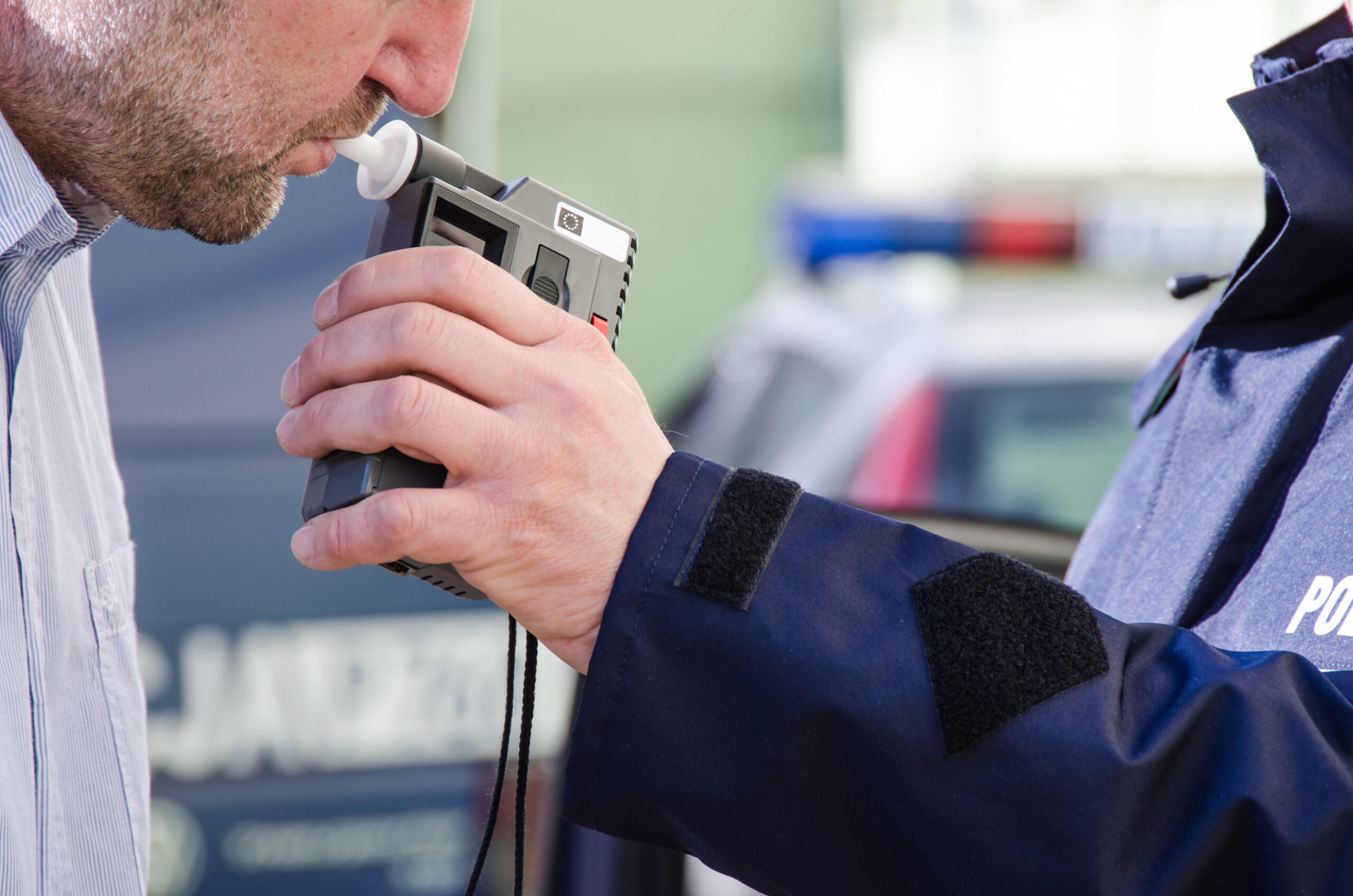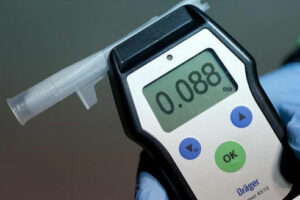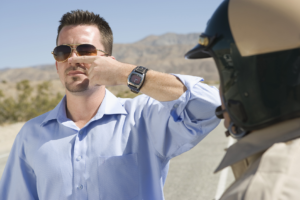How to Fight a DUI / DWI
If you find yourself charged with DUI in North Carolina, it is essential to know that you do not have to accept guilt. Hiring an experienced DUI / DWI defense lawyer can make all the difference in fighting for your rights, protecting your liberties, and pursuing the best possible outcome. Reach out to our DUI defense attorney, Brett Wentz today and discuss your situation.
As experienced DUI defense attorneys in New Hanover and Pender Counties, we have various strategies that we can employ to defend you against a DUI charge. Some of the defenses that we may explore include.
Challenge the Stop – Lack of Reasonable Suspicion
Challenging a DWI charge can be done at three primary stages, the first being the stop. An officer is only permitted to stop you if you are driving erratically or breaking the law. A police officer must have reasonable articulable suspicion to pull you over lawfully. If the officer’s decision to stop you was based solely on instincts or assumptions, we may argue that the stop was unjustified.
To determine whether the officer’s allegations align with the video evidence of your driving, we will make every effort to acquire it. If we can successfully argue that the officer had no legitimate reason to pull you over, the judge may dismiss your case.

The second stage where we can challenge your DWI is at the point of arrest. In order to arrest you for a crime, an officer must have probable cause that you committed that crime. Probable cause is based on a culmination of factors leading up to the arrest, including your driving behavior, the officer’s observations of you, and your performance on field sobriety tests.
Our DWI attorneys will thoroughly examine the evidence at this stage of the investigation to determine if probable cause was present. If we can demonstrate to the judge that the evidence did not meet the standard of probable cause, your case may be dismissed.

Challenge the Field Sobriety Test
It’s important to be aware that Field Sobriety Tests (FSTs) are often presented to suspects as an opportunity to prove their innocence, but in reality, they are designed to gather evidence to be used against them at trial.
There are two types of FSTs: Standardized Field Sobriety Tests and Non-Standardized Field Sobriety Tests. The three Standardized Field Sobriety Tests include the Walk-and-Turn Test, the One-Leg-Stand Test, and the Horizontal Gaze Nystagmus Test. Non-Standardized Tests consist of the Finger Dexterity Test, the Alphabet Test, Counting Test, and the Romberg Balance Test. According to studies, the three Standardized FST’s are the most reliable tests for assessing sobriety, but it’s crucial that they’re administered correctly. The administering officer must strictly follow the required procedures when administering these tests.

At Wentz Law, our DWI attorneys receive training on administering these tests using the same manual and instruction that law enforcement officers receive. We are familiar with the proper instructions that law enforcement should give and the clues of impairment for which officers are looking. If we can demonstrate that the officer did not follow the correct procedures, we may be able to cast doubt on the officer’s testimony and make it more challenging for the prosecution to prove your guilt at trial.
Unreliable field sobriety tests – If the field sobriety test was not conducted according to National Highway Traffic Safety Administration (NHTSA) standards, we may argue that the results are imprecise and unreliable.
Challenge Your Impairment Level
Lastly, the District Attorney must prove your guilt beyond a reasonable doubt. Beyond a reasonable doubt is the highest legal standard of proof. It is at this stage where the court would consider your breath alcohol concentration result if you submitted to a chemical analysis. Just because you blew over .08 doesn’t mean the judge will automatically find you guilty. He or she is required to consider all of the evidence.
As your attorney, we will likely counter your BAC (breath alcohol content) result with favorable evidence to raise a reasonable doubt as to whether you were impaired. Further, the officer must take certain steps before administering the EC/IR-II test. If he failed to follow these steps, there are ways we can keep your BAC result out of evidence, which will make it much more difficult for the District Attorney to prove your guilt. If we can convince the judge of any reasonable doubt as to your impairment, he will find you not guilty of DWI.

Unreliable breath tests – Breathalyzers are not as accurate as blood tests, and various factors can impact the results. We may argue that the breathalyzer device used was unreliable or produced inaccurate results.
Improper blood testing – For blood test results to be reliable, the blood sample must be appropriately handled and stored. If there were any mistakes made in the chain of custody, we may argue that the blood test evidence presented by the prosecution cannot be relied upon.
Unreliable field sobriety tests – If the field sobriety test was not conducted according to National Highway Traffic Safety Administration (NHTSA) standards, we may argue that the results are imprecise and unreliable.
Need Some Guidance?
If you have any further questions about the DWI process (have a look at our FAQs) or need something case specific, feel free to reach out. I am always happy to review a case and give you honest feedback on where you stand and how it should be addressed. I handle DWI defenses out of the following North Carolina areas: All of Pender County (Hampstead, Topsail, Burgaw, Surf City, Atkinson) and New Hanover (Wilmington, Wrightsville Beach, Carolina Beach, Ogden, Monkey Junction).




